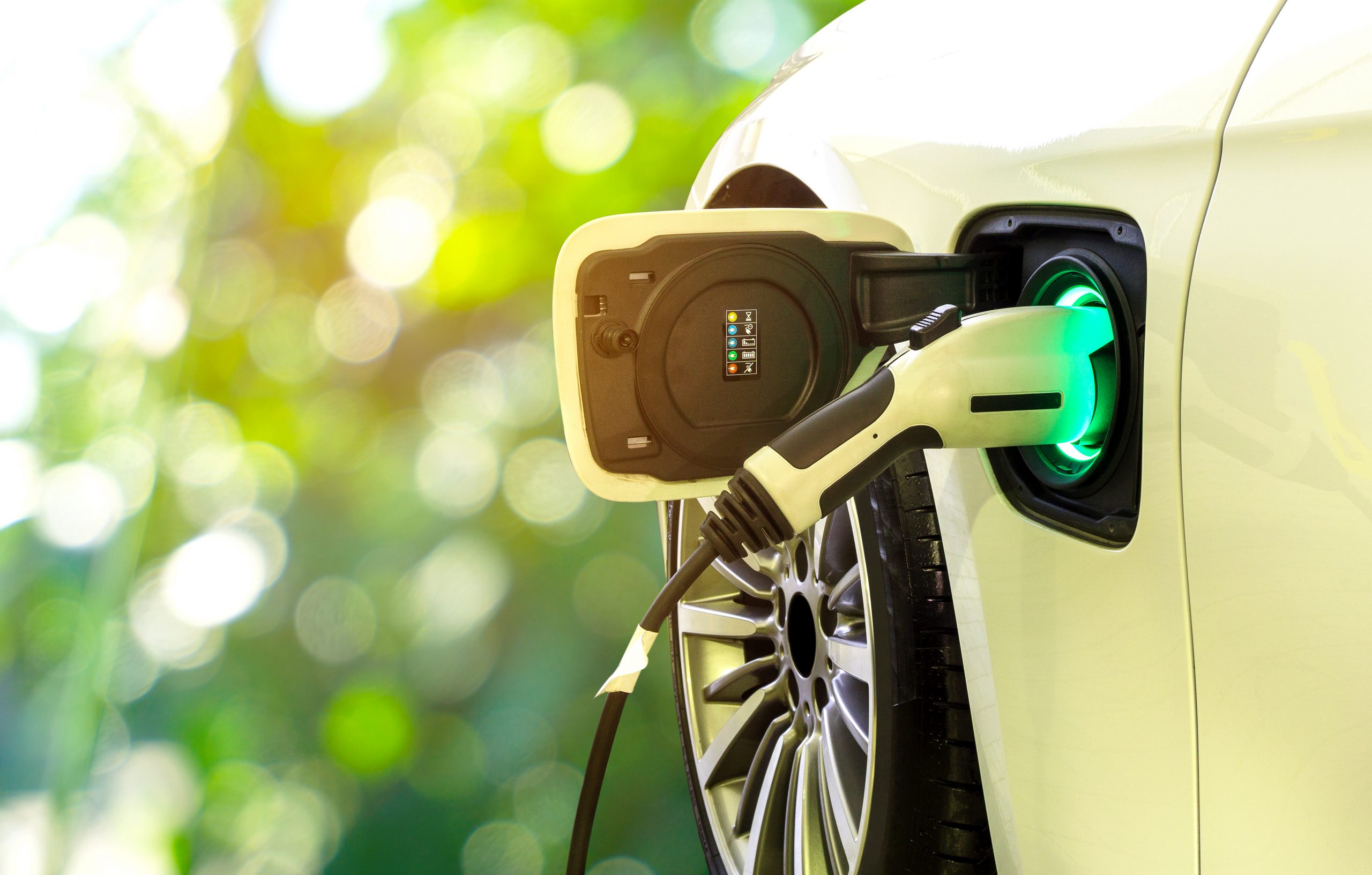Household Bills
Autumn Statement 2022: Electric vehicle owners to pay ‘road tax’

The Chancellor confirms electric car owners will no longer be exempt from paying Vehicle Excise Duty.
Jeremy Hunt said the Office for Budget Responsibility (OBR) forecasts that half of all new vehicles will be electric by 2025.
“To make our motoring tax system fairer, I have decided that from April 2025, electric vehicles will no longer be exempt from Vehicle Excise Duty,” he said.
However, he added: “Company car tax rates will remain lower for electric vehicles and I have listened to industry bodies and will limit rate increases to 1ppt a year for three years from 2025.”
Fair or will it dim electric vehicle uptake?
While this move doesn’t come as a surprise as this change was leaked ahead of the Autumn Statement, some industry experts support the move while others say it could dent uptake of green vehicles and ultimately delay the UK’s net zero carbon targets.
Howard Cox, founder of FairFuelUK, said: “I am very pleased a VED tax is, at last, to be placed on all electric vehicles. That’s fair and recognises that petrol and diesel drivers that use our pothole-infested and congested roads, should not be the only cash cows so relied upon for decades to pad out the coffers in the Treasury.”
Nicholas Lyes, head of policy at The RAC, said: “After many years of paying no car tax at all, it’s probably fair the government gets owners of electric vehicles to start contributing to the upkeep of major roads from 2025.
“We don’t expect this tax change to have much of an effect on dampening the demand for electric vehicles given the many other cost benefits of running one.”
Meanwhile, Edmund King, AA president, said that while he understands that EVs need to be taxed, “we stress that the road to electrification must not be stalled by excessive taxation”.
He said: “There is no doubt the introduction of vehicle excise duty on EVs and making EV company cars less attractive by increasing tax rates, will slow the road to electrification. This may delay the environmental benefits and stall the introduction of EVs onto the second-hand car market.
But he added: “The AA believes that this is acceptable if other incentives for the transition to EVs remain in place, but VED on EVs should still be lower than for diesel or petrol vehicles rather than at the standard rate.”
Lisa Watson, director of sales at Close Brothers Motor Finance, said the government’s own policy is to ban the sale of all new petrol and diesel cars in the UK by 2030, but today’s announcement suggest the Cabinet’s commitment to those ambitions are “dwindling”.
She said: “The introduction of excise duty to electric cars from 2025 will make already hesitant consumers less likely to make the shift towards alternative fuel vehicles. That, coupled with the ever-increasing costs of electricity and a public charging infrastructure roll-out running at a fraction of the speed of electric vehicle adoption, means an already challenging target is looking dauntingly unachievable.”
What Vehicle Excise Duty rates will electric vehicle owners pay?
Government documents revealed VED on electric vehicles will apply from April 2025 and will apply to cars, vans and motorcycles so that they pay in the same way as petrol and diesel owners “and begin to pay a fair tax contribution as the take up of electric vehicles continue to accelerate”.
This means new zero emission cars registered on or after 1 April 2025 will be liable to pay the lowest first year rate of VED (which applies to vehicles with CO2 emissions 1 to 50g/km) currently £10 a year.
From the second year of registration onwards, they will move to the standard rate, currently £165 a year.
Zero emission cars first registered between 1 April 2017 and 31 March 2025 will also pay the standard rate.
Meanwhile, the Expensive Car Supplement exemption for electric vehicles is due to end in 2025. New zero emission cars registered on or after 1 April 2025 will therefore be liable for the Expensive Car Supplement which currently applies to cars with a list price exceeding £40,000 for five years.
Zero and low emission cars first registered between 1 March 2001 and 30 March 2017 currently in Band A will move to the Band B rate, currently £20 a year. Zero emission vans will move to the rate for petrol and diesel light goods vehicles, currently £290 a year for most vans. Zero emission motorcycles and tricycles will move to the rate for the smallest engine size, currently £22 a year.
Rates for Alternative Fuel Vehicles and hybrids will also be equalised.
Company car rates
For company car drivers, the Company Car Tax (CCT) Rates will see electric and ultra-low emission cars emitting less than 75g of CO2 per kilometre increase by one percentage point in 2025/26; a further 1% in 2026/27 and a further 1% in 2027/28 up to a maximum percentage of 5% for electric cars and 21% for ultra-low emission cars.
Rates for all other vehicles bands will be increased by one percentage point for 2025/26 up to a maximum percentage of 37% and will then be fixed in 2026/27 and 2027/28.